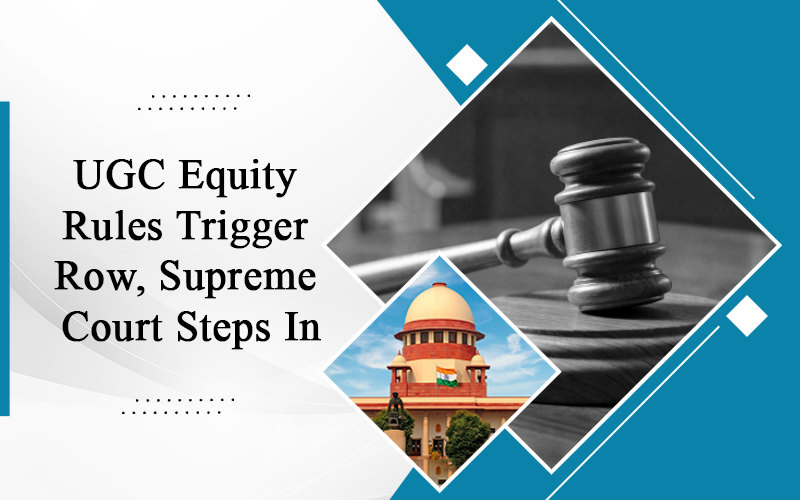Meaning of Child custody
Child custody refers to the legal right and responsibility of a parent or guardian to care for and make decisions on behalf of a minor child. When parents separate or divorce, it becomes an important aspect of family law, as it determines where the child will live, who will be responsible for their day-to-day care, and who will make major decisions about their upbringing, education, healthcare, and other important matters. In India, the laws related to child custody are primarily governed by the Hindu Minority and Guardianship Act, 1956, for Hindus, the Guardians and Wards Act, 1890, for people of other religions, and the personal laws applicable to Muslims, Christians, and Parsis. These laws determine the custody and guardianship of children in various situations.
Kinds of child custody
- Physical Custody: Physical custody refers to the right of a parent to have the child live with them. When a parent is granted physical custody, the child primarily resides with that parent, and the other parent may be granted visitation rights.
- Third party custody: Third party custody involves granting custodial rights to neither of the biological parents. The court makes this decision when it deems that both parents are unfit to raise the child, and giving either of them custody would not be in the child’s best interest. Instead, a third party, who is somehow related to the parents, is appointed as the child’s guardian.
- Joint Custody: Joint custody involves both parents sharing physical custody and/or legal custody of the child. This means the child spends substantial time with both parents, and major decisions about the child’s upbringing are made jointly.
- Sole Custody: Sole custody refers to a situation where only one parent has physical and/or legal custody of the child. In sole physical custody, the child lives primarily with one parent, and the other parent may have visitation rights. In sole legal custody, one parent has the exclusive right to make decisions about the child’s upbringing without consulting the other parent.
Law on Child Custody in India
- Hindu Minority and Guardianship Act, 1956: Under this act, both parents are considered natural guardians of their Hindu minor child. However, in case of a dispute, the court will consider the welfare of the child as the paramount factor in determining custody. Generally, the mother has a higher chance of getting custody of children below a certain age, but the court takes into account various factors, such as the child’s age, wishes, and the parent’s ability to provide for the child’s welfare.
- Guardians and Wards Act, 1890: For individuals from religions other than Hinduism, the Guardians and Wards Act is applicable. The Act empowers the court to appoint a guardian for the minor child and determine the custody arrangement in the best interests of the child.
- Muslim Law: The custody of children among Muslims is governed by the personal laws of Muslims, such as the Muslim Personal Law (Shariat) Application Act, 1937. Under Muslim law, the mother usually gets custody of male children until they reach a certain age (usually 7 years), and female children until they attain puberty. After this, the father may be granted custody, but again, the court’s decision is based on the child’s welfare.
- Christian and Parsi Law: Christians and Parsis have their personal laws that govern child custody matters within their communities.
Factors affecting child custody
- Child’s Best Interests: The primary consideration in any custody decision is the best interests of the child. Courts will evaluate which custody arrangement will provide the most stable and nurturing environment for the child’s physical, emotional, and psychological well-being.
- Child’s Wishes: In some cases, especially when the child is older and mature enough to express their preferences, the court may take the child’s wishes into account when making custody decisions. However, the weight given to the child’s wishes varies depending on their age and the court’s assessment of their ability to make such a decision.
- Parent-Child Relationship: The court will assess the relationship between each parent and the child, looking at factors such as the level of involvement in the child’s life, the quality of the bond, and the ability to meet the child’s emotional needs.
- Parental Fitness: The court will evaluate the physical and mental health of each parent to determine their ability to care for the child. This may include looking into issues like substance abuse, mental illness, or any history of domestic violence.
- Stability and Continuity: Courts often consider which parent can provide a stable and consistent home environment for the child. They may also consider the impact of disrupting the child’s current living situation.
- Financial Considerations: While financial factors are not the sole basis for custody decisions, the court may consider each parent’s financial situation to ensure the child’s needs are adequately met.
- Siblings and Extended Family: If there are siblings involved, the court may attempt to keep them together to maintain sibling bonds. Additionally, the involvement of grandparents or other extended family members may be taken into account.
Landmark cases on Child Custody in India
- Gita Hariharan vs. Reserve Bank of India (1999): In this landmark case, the Supreme Court of India ruled that the mother could be appointed as the natural guardian of her child, and her rights as a natural guardian could not be superseded by the father’s rights merely because of his gender. This judgment recognized the mother’s right to be the legal guardian of her child and clarified the position of mothers as natural guardians, especially in matters of custody.
- Ruchi Majoo vs. Sanjeev Majoo (2011): In this case, the Supreme Court upheld the principle of the child’s best interests as the paramount consideration in custody matters. The court stressed that custody decisions must be made by evaluating the welfare of the child and not based on the rights of the parents.
- Dhanwanti Joshi vs. Madhav Unde (1998): In this case, the Supreme Court laid down guidelines for deciding custody in international parental abduction cases. The court emphasized that the child’s welfare and best interests must be given primary consideration, and speedy resolution of such cases is vital to protect the rights of the child.
- Nil Ratan Kundu & Anr. vs. Abhijit Kundu (2008): In this case, the Supreme Court held that courts should not automatically grant custody to the father when the child is very young. The court reiterated the principle of the child’s welfare and clarified that custody decisions should be based on a case-by-case assessment.
Conclusion
Custody decisions are made based on the best interests of the child, and the specific custody arrangement may vary depending on the unique circumstances of each case. Custody arrangements can also be modified or revised in the future if there are significant changes in the child’s or parents’ situations.





One Response
Thank you for sharing this informative blog! It clearly outlines the meaning of child custody and the different types, such as physical, joint, and sole custody. Understanding these concepts is crucial for navigating family law, especially in the context of separation or divorce. The emphasis on the legal frameworks governing child custody in India helps clarify how decisions are made in the best interest of the child.